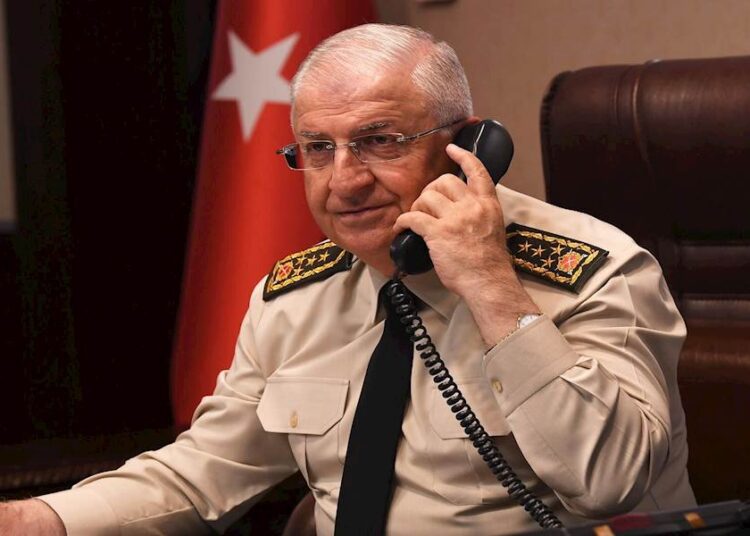Levent Kenez/Stockholm
Former chief of general staff Gen. Yaşar Güler, who was appointed defense minister on Friday by Turkish President Recep Tayyip Erdogan, is one of several generals who played a role in a number of controversial incidents involving the military.
On December 28, 2011 a group of smugglers crossing from Iraq to the Turkish village of Roboski (Ortasu) in the Uludere district of southeastern Şırnak province, were mistaken for members of the terrorist Kurdistan Workers’ Party (PKK) and bombed by F-16 fighter jets killing 34 people, 17 of whom were teenagers.
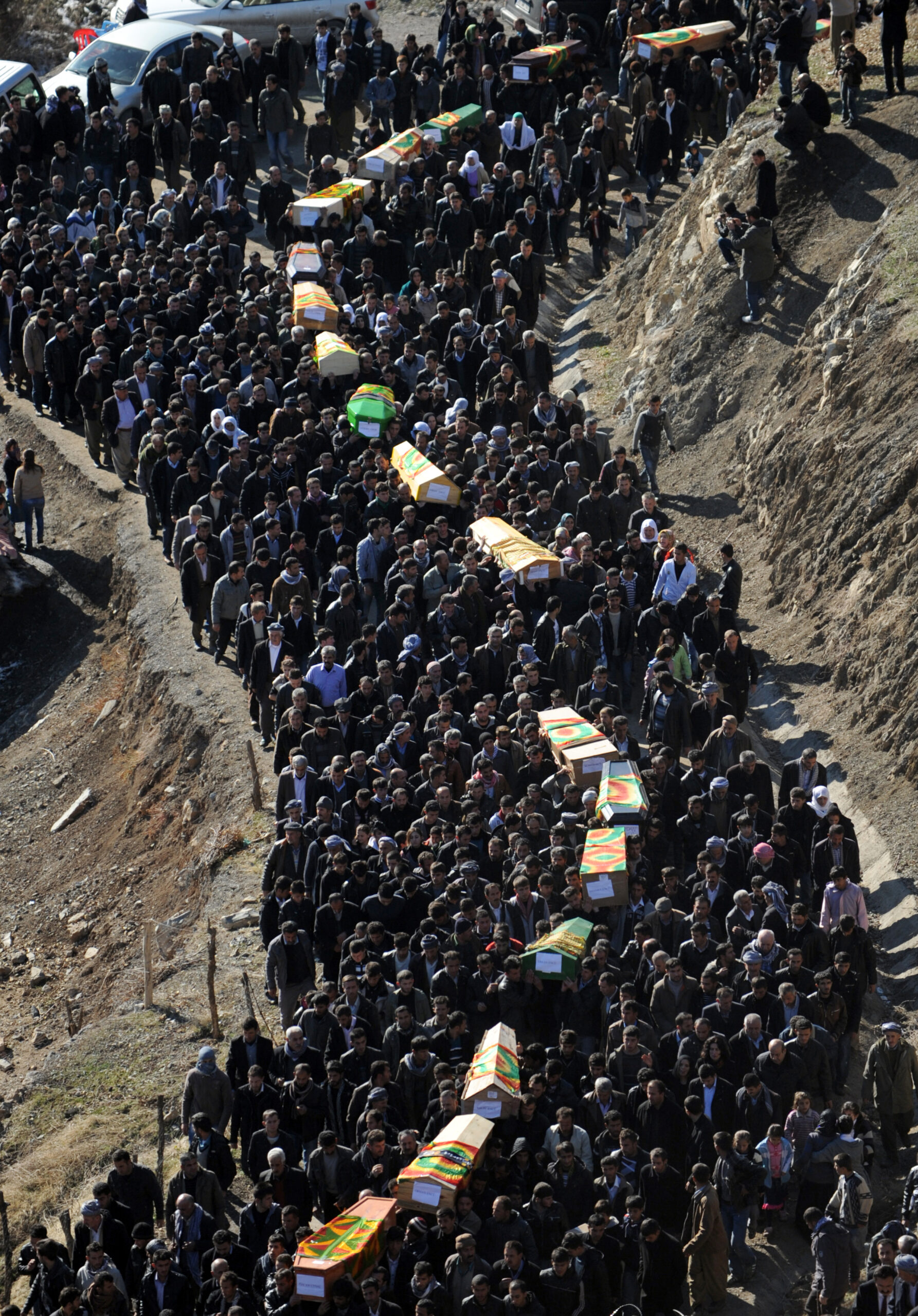
According to a 16-page report on the incident drafted by the military prosecutor’s office in 2014, Güler, a lieutenant general at the time who went to the General Staff Command Center that evening, looked at footage sent by unmanned aerial vehicles and said that in his assessment the air operation would be appropriate. According to stories in the Turkish media, some officers at the center had told Güler that the suspects were likely smugglers, but Güler refused to listen to them.
In his statement to the military prosecutor’s office in 2013, Güler claimed he had taken such a decision as a result of solid intelligence on the activities of senior PKK commanders in the region, pointing to Turkish intelligence agency MİT.
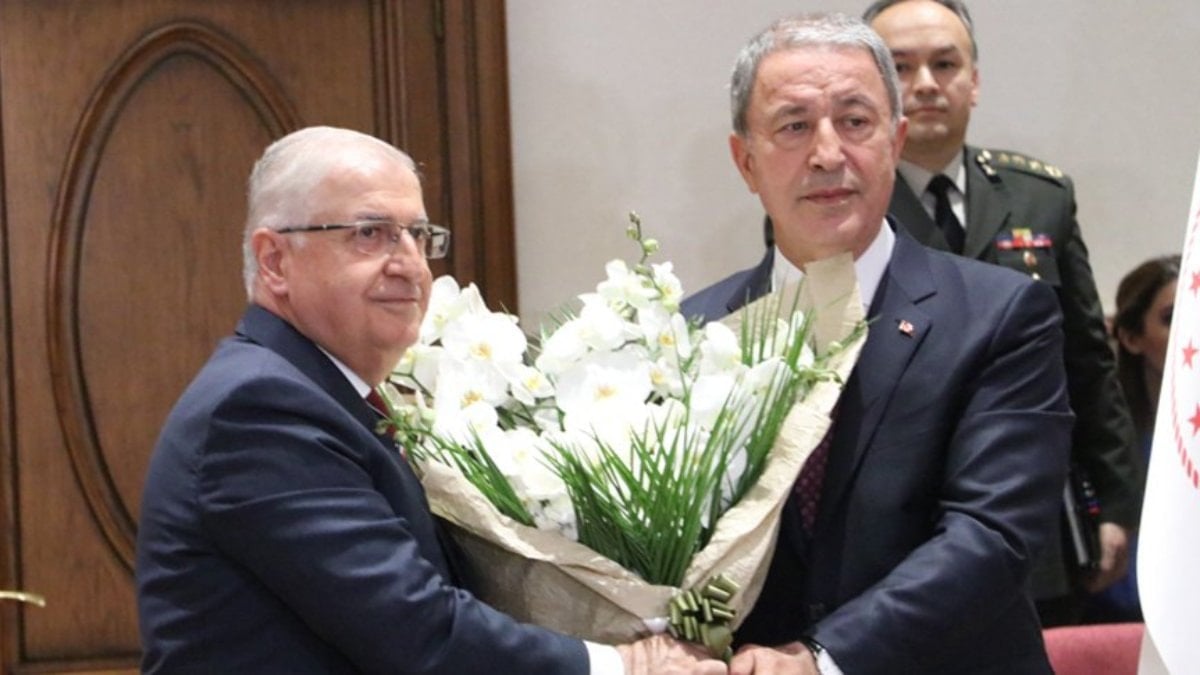
Later the Diyarbakır Public Prosecutor’s Office claimed a lack of jurisdiction in the incident, and the military prosecutor’s office decided not to prosecute.
Güler’s name also came up in 2014 in a leaked audio recording that went viral and then was later confirmed in a court document.
In the leaked recording then-foreign minister Ahmet Davutoğlu, then-foreign ministry undersecretary Feridun Sinirlioğlu, then-MİT undersecretary Hakan Fidan and then-deputy chief of general staff Gen. Güler are heard discussing military operations in Syria in Davutoğlu’s office on March 13, 2013.
In the audio recording, Güler said MİT efforts to send weapons and ammunition to anti-government groups in Syria should be supported and that they could have the Turkish Mechanical and Chemical Industry Corporation (MKE) produce weapons if they were so instructed. Güler emphasized that the coordination should be done by MİT.
Fidan also said in the recording, “If needed, I would dispatch four men to Syria. [Then] I would have them fire eight mortar shells at the Turkish side and create an excuse for war.”
The investigation into the leak was turned into a criminal case against several officers for illegal surveillance on June 6, 2016, under file No. E.2016/24769. The court said the seven-minute, seven-second clip was obtained through audio surveillance of the meeting attended by foreign ministry, military and government officials. “It is obvious that the conversations in the audio is information that needed to be kept secret and is considered to be a state secret,” it said.
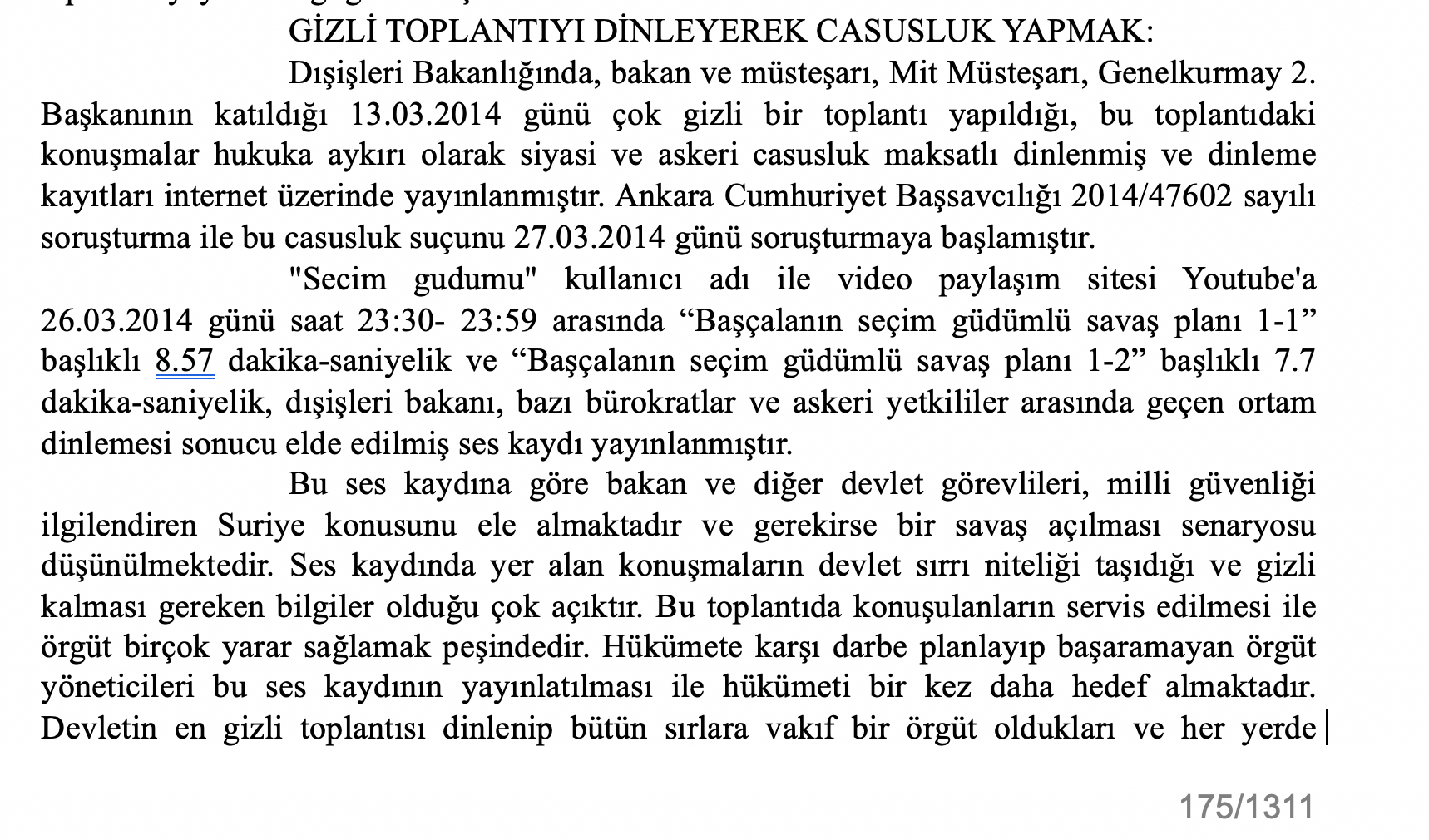
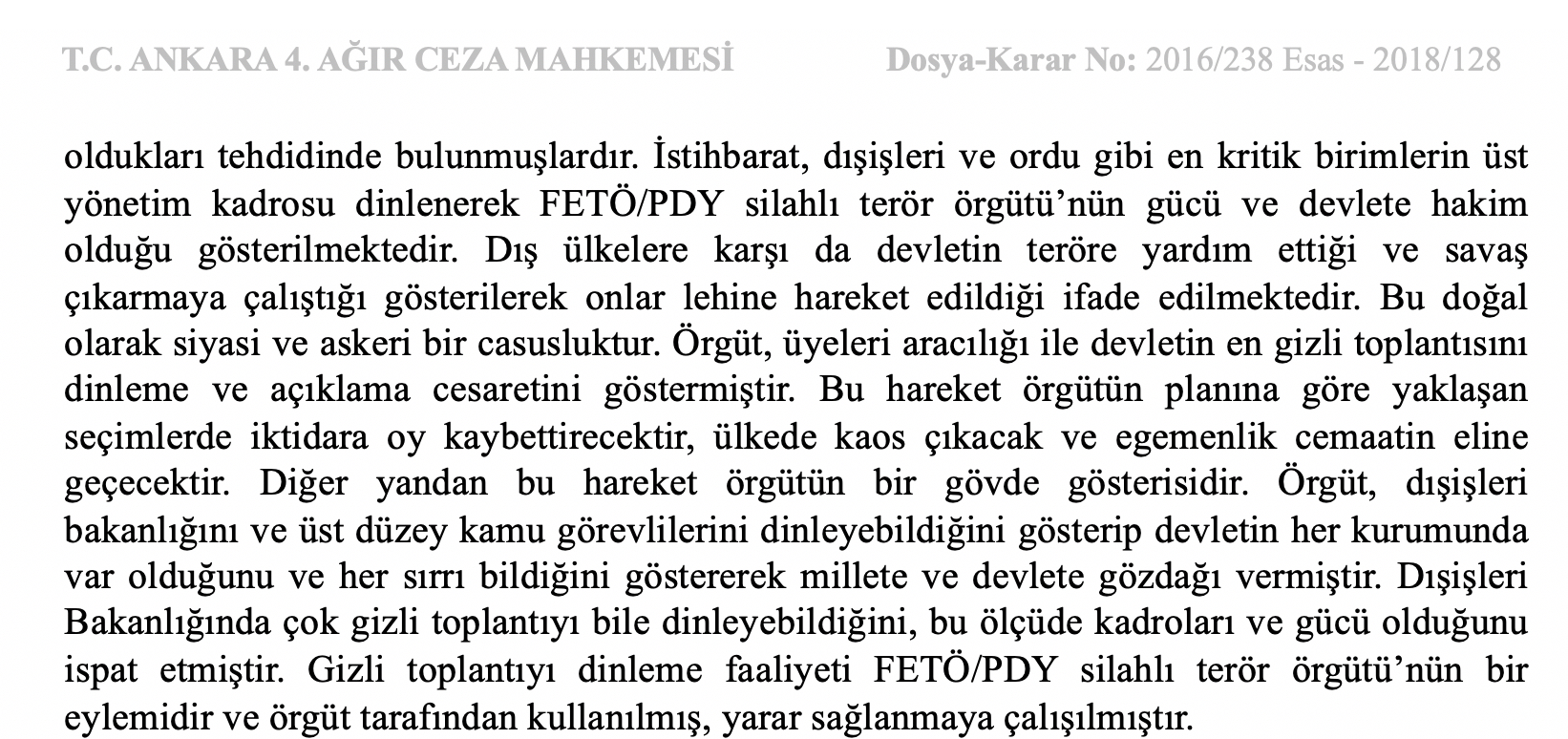
Güler was serving as the deputy chief of general staff during an abortive coup on July 15, 2016.
Many critics claim that subsequent evidence showed that top generals including then-chief of general staff Hulusi Akar and Güler had in fact been working with Turkish intelligence chief Fidan and President Erdogan to stage a false flag coup in order to create a pretext for an unprecedented mass purge of officers from NATO’s second largest army.
The failed coup helped Erdogan dismiss pro-NATO officers from the army including some 70 percent of all generals and admirals regardless of their role in the coup. They were replaced by Islamists and neo-nationalists who were hostile to the transatlantic alliance.
Col. Cemil Turhan, one of the officers alleged to have been involved in the coup, claimed in court that he had sent an order for martial law to military bases on the orders of Güler and with the knowledge of his commanders.
Some documents had indicated that Akar and Güler knowingly allowed the perception to persist that the coup was carried out within the chain of command. Secret documents obtained from a computer at General Staff headquarters that was used to write the coup statement included draft versions signed by Akar himself on behalf of the Council of Peace in the Homeland, the name the putschists gave themselves.
Güler was also included in court documents for allegedly having profiled officers affiliated with the Gülen movement, a group critical of Erdoğan, that was accused by the government of orchestrating the coup. Most of the profiled officers, who were appointed to various positions in the martial law orders, were expelled from the military and received long prison sentences as putschists even if they were not involved in the coup attempt.
Güler’s family members are also staunch supporters of the ruling party. His brother, retired Col. Atilla Güler, was a candidate for a parliamentary nomination in Bayburt in 2015.
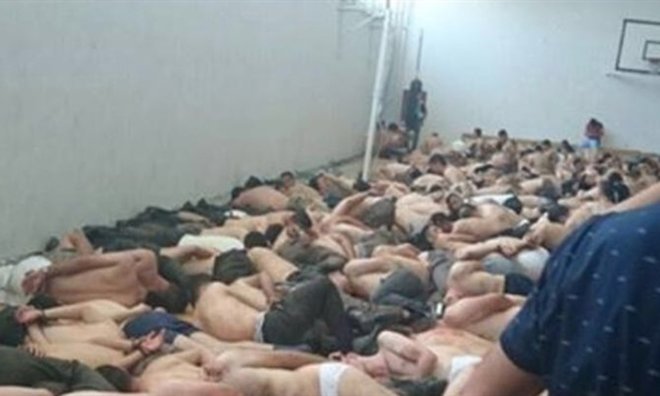
The defense ministry, which had been a rather low-key institution in past years, turned into an effective government body after the General Staff was put under the jurisdiction of the ministry on July 15, 2018.
Undoubtedly, former chief of general staff Akar’s appointment as defense minister in 2018 was influential in the change. For many, Akar has been the de facto chief of general staff for the past five years, so much so that, unlike previous defense ministers, Akar even had a special uniform made for himself.
Akar, who managed to establish a command echelon that consisted of commanders loyal to him, stood out as the sole arbiter in the military. One of the most influential figures in Erdoğan’s cabinet, Akar was often mentioned in post-Erdogan scenarios. Since one of the easiest ways of attracting attention and public support in Turkey is using nationalist and religious rhetoric, the Defense Ministry produced nationalist videos and propaganda materials to polish Akar’s image.
It will soon be clear whether Güler will follow in the footsteps of Akar, with whom he does not differ much in military matters but remains in his shadow, or whether he will choose a different path.

